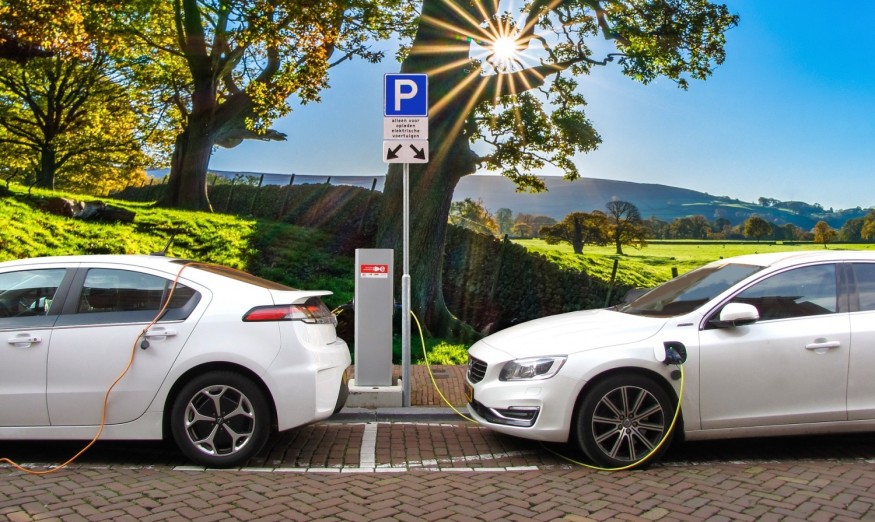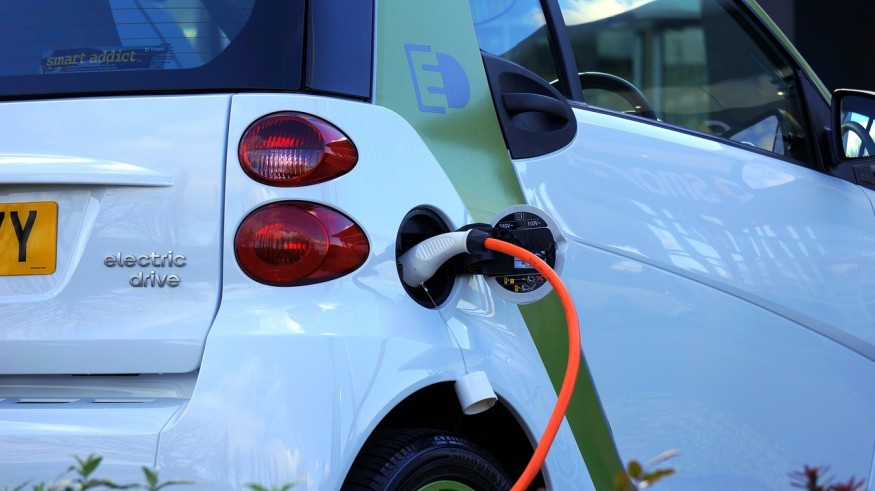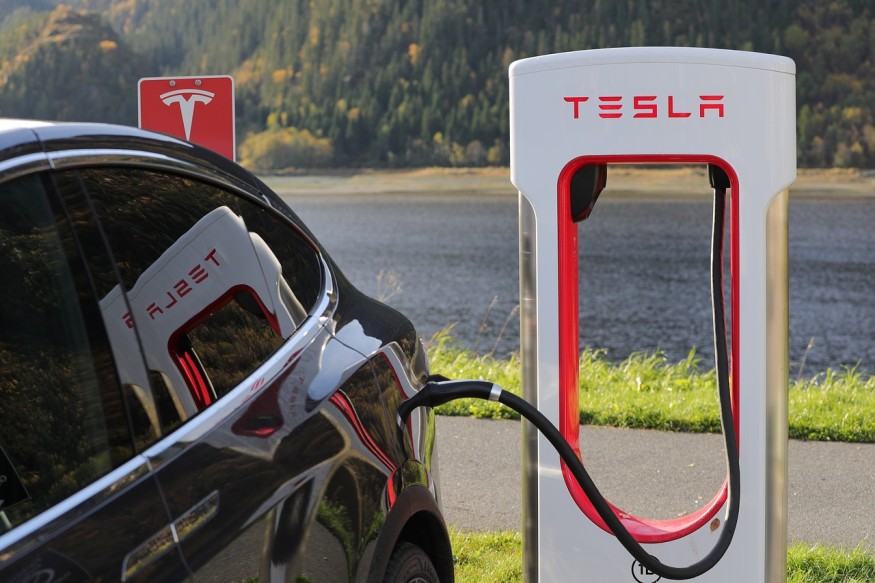
According to new studies, rapid developments in battery technology and cost could cause all new vehicles and trucks sold in the United States to be fueled by energy by 2035. This will save drivers trillions of dollars and providing a huge boost to the initiative to slow the climate crisis.

Many American drivers have been turned off by versions that are frequently considerably more costly than gasoline or diesel cars, as well as questions over the affordability of plug-in recharge points. Electric vehicles actually account for just about 2% of all vehicles sold in the United States.

According to a recent report from the University of California, Berkeley, this scenario will dramatically change this decade, with the upfront cost of electric cars expected to hit parity with gasoline vehicles in about five years. By 2050, accelerated electrification of transportation will save over $2.7 trillion in driver costs because electric cars are more powerful and need less expensive maintenance.
The researchers claimed that with the falling cost of batteries, which is a major factor in the higher cost of electric vehicles and increases in their reliability, the US will be able to phase out new gasoline and diesel cars within 15 years. This will reduce transportation-related global-warming emissions, which are now the primary source of greenhouse gases in the United States.
"The transportation system must be electrified to achieve some kind of emission goals," said Amol Phadke, a senior scientist at the University of California, Berkeley, and study co-author.
"The upfront price of electric cars is quickly going down, which is very exciting," Phadke said. Most models today have a range of 250 miles, which is longer than most people's average travel distance, and come with pretty amazing fast-charging capability thanks to battery technology advancements."
Government Action
US President Joe Biden has described the expansion of the electric vehicle industry as a core plank in his administration's plans to reduce US emissions to net-zero by 2050. Biden positions the problem as a boon to American manufacturing and unemployment. Over the next decade, Biden's administration plans to install 500,000 additional electric vehicle charging stations.
Any states and countries have taken it a step further. California has pledged to sell only hybrid cars by 2035, the same year as the internal combustion engine will be phased out in the United Kingdom. Meanwhile, General Motors recently announced that it would have converted its entire fleet to electric vehicles by the end of the year.
According to the University of California, Berkeley report, government action would be expected if the US meets its 2035 goal of all-electric purchases, with a business-as-usual strategy implying that less than half of all cars sold in the US will be electric by that time.
"Government policy is critical, first with subsidies to purchase electric cars before market competitiveness is achieved, and then to quickly scale up fast-charging infrastructure," Phadke said. "Setting a deadline for the end of gasoline cars by the US government will send a very strong signal to the industry. If little is done, the process will occur, but not quickly enough to address climate change. It won't be convenient, but it'll be possible."
Improving Battery Quality

"The battery capacity is mostly there, and we are very close to market parity," said Melissa Lott, adding that "questions persist around applying recharging facilities to low-income residents and those in high-density housing."
"It won't matter if the car is cheaper if I can't charge it," Lott said. "On chargers, what Biden has suggested is a drop in the bucket. Hundreds of thousands more are required."
Improved battery production and lower costs have to lead to expectations that they will be a crucial tool in reducing pollution - the global demand for electric car batteries alone is predicted to reach nearly a trillion dollars by 2030.
Renewable Future

In a move to renewable technology, the Biden administration has announced proposals to electrify buses, while data centers and airlines will also begin to rely on batteries. An electricity grid powered by wind, solar, and other renewables will require some battery storage. However, the technology isn't yet able to retain power over long periods to account for seasonal power surges and troughs.
For more news about making the environment sustainable, don't forget to follow Nature World News!
© 2025 NatureWorldNews.com All rights reserved. Do not reproduce without permission.





